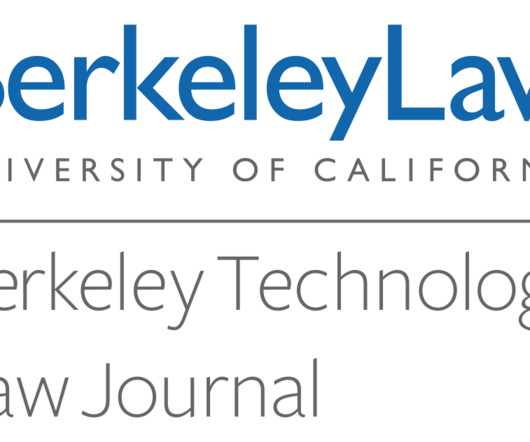European Data Protection Roundup – November 2020
Debevoise Data Blog
DECEMBER 10, 2020
The big news this November was the European Data Protection Board (the “EDPB”) issuing its highly anticipated post- Schrems II data transfer guidance, followed just a day later by the European Commission’s draft updated Standard Contractual Clauses (“SCCs”) (see our blog post here ).












Let's personalize your content